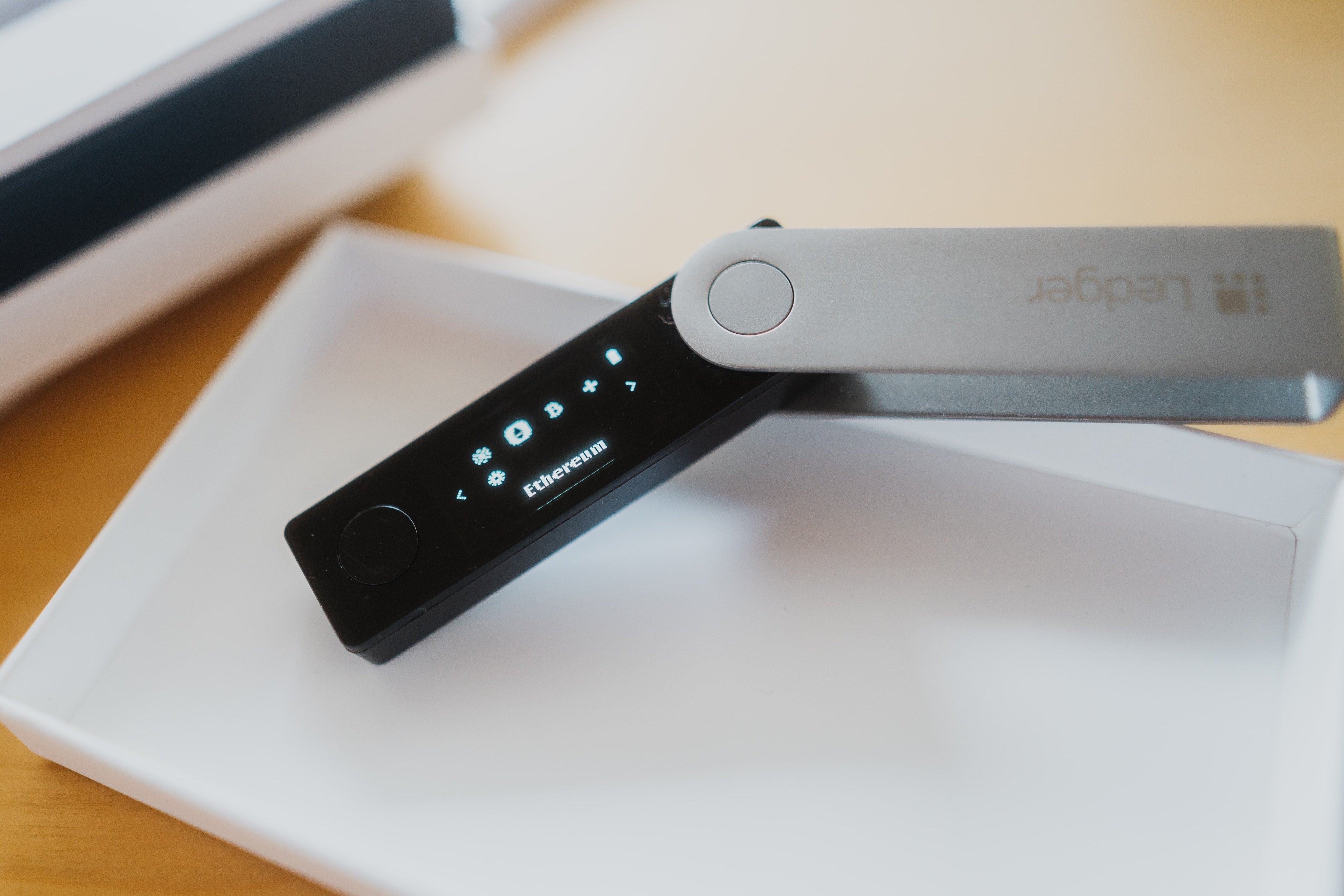BIP38 History: From where it started.
Let's take a look at how and where BIP38's private essential creation began before plunging into the complex maze. A BIP, or Bitcoin Improvement Proposal, is a proposal for an idea presented to the bitcoin developer's mailing list by any community member to enhance the bitcoin network in any aspect that may be underperforming. The number 38 just refers to the BIP that was filed. As a result, BIP38 is the 38th BIP presented out of the 350 BIPs suggested thus far.
Mike Caldwell and Aaron Voisine introduced BIP38 in November 2012, intending to improve the way physical bitcoins and paper wallets were utilized in the early days of Bitcoin. Physical bitcoins were an innovative experiment at the time, allowing new users to FEEL and HOLD a bitcoin. Many outlets, companies, and enthusiasts used this concept to sell bitcoins on-chain and by passing over a private key and its public address to the receiver. The BIP38 makes it more reliable for issuers of physical bitcoins to specify a reliable physical bitcoin generation technique.
Mike Caldwell, the developer of the notorious Casascius bitcoins, which were the first commercial implementations of actual bitcoins sold to retail investors, was the principal architect of the BIP38 proposal, which is intriguing tidbit. Although manufacturing of those Casascius bitcoins ceased at the end of 2013, the item's early novelty and the conclusion of bitcoin's fame have turned it into a collectible among hardcore bitcoiners.
What do the letters BIP and number 38 mean?
BIP stands for bitcoin improvement protocol, meaning if you have any idea to make bitcoin better, you can draft it up, and if the community accepts it, they will start using it. BIP38 is then 38th proposal for improving bitcoin that’s why the number 38 is used, and the bitcoin users currently adopt it for protecting their private keys.
Is BIP38 still relevant today?
BIP38 is customary for single private key encryption using Scrypt hardening. It is used by many paper wallet generators which are no longer popular in the world of crypto. BIP38 was never extended to encrypt seeds which is used by most of the modern hard wallets available in the market today (i.e. Ledger, Trezor)
Do all Hard Wallets have a BIP38 key?
Not all wallets support importing BIP38 private keys. Here's a couple that does:
- info for iOS and Android
- Bread Wallet for iOS
Education only, entertainment only, not financial advice.



